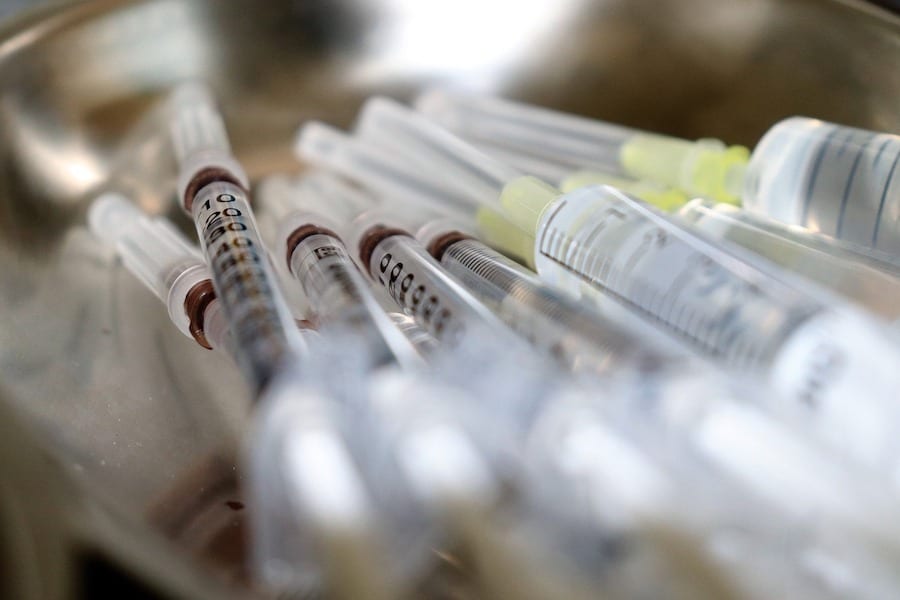Whilst European governments have been making big waves about their new Covid vaccination programmes, France has opted for a more discreet roll out, mainly due to the population’s widespread distrust of the jab.
In the wake of the EU’s approval of the Pfizer-BioNTech vaccine which had most European countries jumping for joy, France has kept a lower profile. The French people have received news of the approval of the jab with a typically sceptical eye, making it a harder sell for the citizenry.
Many recall past health scandals, some involving inoculations, and aren’t convinced that the jabs are as safe as they should or could be. The fear that they were rushed through the regulatory process too quickly so that big pharma could reap big profits or that they may have serious long-term side effects is also at the forefront of people’s concerns.
To try and help overcome apprehensions, the French have publicised the first recipients of the vaccines to show that it’s safe, though without the bells and whistles of televised broadcasts and government officials swarming the scene as seen in other places.
Mauricette, a 78-year-old former housekeeper, was the first to be inoculated on Sunday at the René-Muret Hospital outside Paris. The photos show a smiling lady being applauded by hospital staff.
Some 20 seniors and health care workers, including 65-year-old cardiologist Jean-Jacques Monsuez, were also vaccinated.
French President Emmanuel Macron, a Covid sufferer himself, asked his fellow countrymen and women to have faith in the researchers and doctors, reminding them that, “We are a nation of the Enlightenment and of Pasteur. Reason and science should guide us.”
The hope is that between the gentle messages put out by the government and the advice of doctors, people will gain confidence in the jab and realise it will be in their best interest, as well as in the best interest of the nation.
France has lost nearly 63,000 people to the virus and has endured two strict national lockdowns making it one of the harder hit countries in the world. The government is aiming to inoculate one million people by the end of February, mainly seniors, the vulnerable, and healthcare workers in efforts to stem the tide and get the country heading in the right direction again.
Overcoming hesitancy of the vaccine is key to making this a reality. The government is offering incentives, such as reminding the public that the jab is free of charge and not obligatory. Now it is up to the court of public opinion to decide… to jab or not jab.
Photo source: Pixabay
